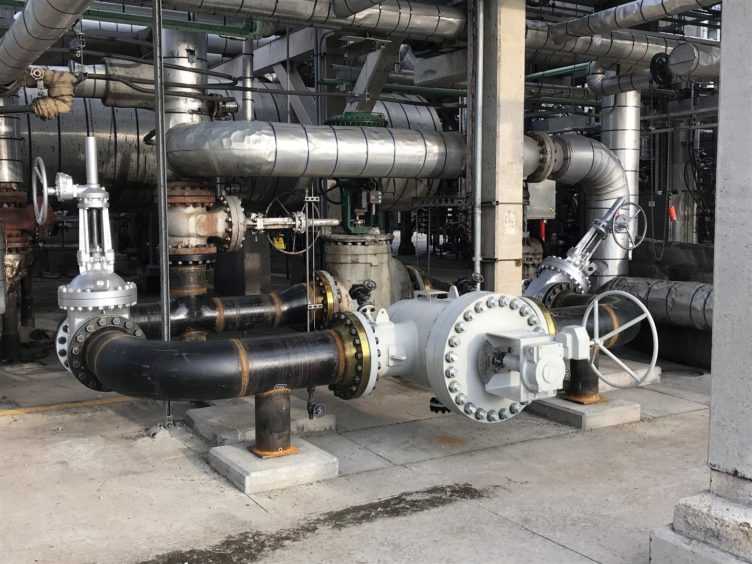
Novel injection, dispersion & mixing technology combats refinery corrosion
Did you know that the estimated global cost of refinery corrosion, and related issues, is in the order of US$15 billion annually? It is impossible to get an exact number for the cost of corrosion, as refineries do not report the extent of their corrosion problems, for a variety of reasons. But these numbers do NOT include the lost profits and lost production uptime that result from corrosion issues. An analysis report by NACE International states that annual profit losses due to refinery corrosion may be as high as $12B in the US alone!
ProSep’s patented MAX+ and AIM mixers have been designed to remove chlorides from raw crude by providing a more efficient use of dilution water, therefore reducing corrosion in pipes, heat exchangers and vessels.
Our experts have been designing, engineering and installing our high-efficiency mixers to the oil and gas industry for over 15 years and during our latest webinar, John Sabey – Chief Technical Officer and Greg Hallahan – Chief Operating Officer, will discuss the various sources of corrosion, scaling and fouling in crude distillation unit (CDU) systems along with various techniques to manage / mitigate them. Case studies will be presented which highlight problematic CDU locations, formation mechanisms and various techniques to manage / mitigate them. One case study includes a 10 year follow up evaluation and additional improvements gained.
The primary cause of corrosion in the crude unit overhead system is acid attack at the initial water condensation point. Secondary corrosion mechanisms are due to under-deposit corrosion resulting from amine-chloride salt deposition in the tower top and overhead lines. Neutralizers are often used to control the pH of the condensing waters to minimize corrosion rates and salt deposition caused by the neutralization reaction with the acidic species. The “salt point” refers to the temperature at which the first neutralization salts form from the vapor phase. Neutralization salts tend to be very corrosive themselves and contribute to under-deposit corrosion as well. A water wash or caustic wash is often employed to both dilute and wash these salts from the overhead line. However, these water wash systems have been found wanting due to poor distribution and resultant poor collection of the ionic species. Chlorides are the dominate corrosion-contributing constituents of distillation towers in refineries.
The principal process unit for controlling chloride content of the crude charge is the refinery’s desalter. The standard mechanism to address the salt naturally associated with crude oil is to injection wash water to dilute the salt concentration, utilising physical, static mixing and then dehydration. Several mixing technologies are presented with a novel mixing unit and performance differences relative to conventional mixing devices. Known as the MAX+ (Multiphase Adjustable eXtreme Mixer with AIM injection) has demonstrated superior desalting performance over conventional globe, double ported globe and V-ball valves used for mixing wash water with the crude feed stock, while utilizing 20-60% less wash water in upstream desalting applications.
The proven track record with desalters utilizing the MAX+ has led to the Annular Injection Mixer (AIM) and the Enhanced Center Located Injection Pipe Spool Element (ECLIPSE) mixer to be evaluated as potential solutions for improving the performance of the wash water systems in atmospheric and vacuum distillation overhead lines. The application also applies to hydrotreater process units. The application of the AIM / ECLIPSE injection mixers to CDU systems; particular overhead lines, results from thermal equilibrium testing demonstration test as well as liquid hydrocarbon vaporization flow loop testing results. The application development led to several product design improvements and the accompanying CFD analysis. In addition, design modifications to the mixers resulting from the testing will be reviewed highlighting the instrumental use of CFD to evaluate and “fine tune” the design which was validated in flow loop and commercial systems.
If you would like to learn more about ProSep’s novel injection, dispersion and mixing technologies that can help combat refinery corrosion then register to attend our webinar by clicking on the link below.
REGISTER NOW!
https://attendee.gotowebinar.com/register/3075099138174946829